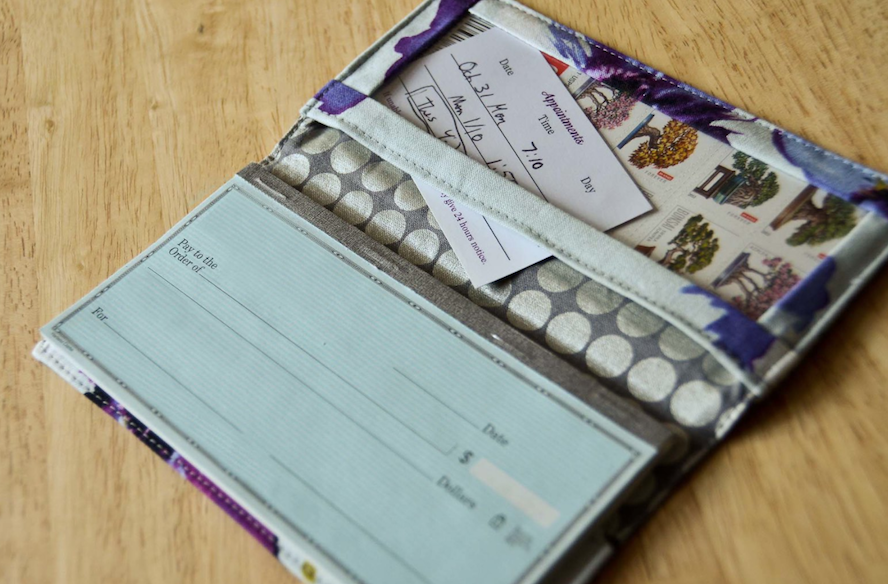Everyone has a vision for their retirement, but planning how to fund your post-work years is a puzzle that too many people fail to solve.
You already know about the individual retirement account (IRA), which lets you make tax-deferred investments in mutual funds, stocks and bonds. Typically, someone else (a custodian) manages those investments.
But if you’re a smart real estate investor, you’re probably interested in knowing how to invest your retirement funds in real estate, right? A Self-Directed IRA (SDIRA) opens up investment options like real estate, precious metals, renewable energy sources and more.
What are the best Self-Directed IRA options? It depends on what investments you’re trying to buy. The SDIRA gives investors access to many different types of investments.
In this article, we’ll show you how that works and give you an overview of the best self-directed IRA options for your particular scenario.
The difference between an IRA and a Self-Directed IRA, in short, is what you’re allowed to buy using the IRA. This depends upon the IRA “custodian,” which is just another word for the financial institution that manages the IRA. When you open up a SDIRA, you can get many more options than when you open up a normal IRA.
Most brokers, financial planners and attorneys aren’t familiar with the tools that give you "checkbook control," letting you choose your investments yourself.
Let's start with the basics ...
An IRA, in case you didn’t know, is an individual retirement account.
It might refer to a traditional IRA, SEP-IRA, Roth IRA, or something else. IRAs can help investors save on their tax bill, either by lowering their taxable income and letting the gains grow tax-deferred or by paying taxes upfront and withdrawing the gains tax-free come retirement.
Typically, if you’ve opened up an IRA through your employer to get a match on your contributions, your employer will restrict the types of investments that you can make using that IRA. Usually, you can only buy low-risk investments—or ones that major lenders can easily collect money on through management fees (even if they’re low management fees, like for index funds).
Here’s a short list of assets that you can buy using an IRA:
If you’re interested in investing in different assets, that’s where a Self-Directed IRA comes in.
 What’s a Self-Directed IRA? What Can You Buy Using a Self-Directed IRA?
What’s a Self-Directed IRA? What Can You Buy Using a Self-Directed IRA?If you’re self-employed or you have an old IRA from a previous employer, then you can open up the self-directed version. This will greatly expand your investment possibilities. For example, here’s a short list of assets that you can buy that you typically wouldn’t be allowed to buy using an employer-sponsored active IRA:
With a traditional IRA account, making specific investments means directing the custodian to execute a specific transaction. There are custodian fees involved (assuming your IRA custodian even approves the purchase), and there are delays that can cost you the investment in certain time-sensitive cases..
An SDIRA is a checkbook control IRA, meaning you can take over some of the responsibilities of the custodian. You do not need the consent of a custodian to execute a purchase.
There are some things you need to know before opening an SDIRA: the investment isn’t allowed to be used for personal use. It’s called “self-serving,” and it’s explicitly banned by the IRS.
What does that mean? Isn’t everything “personal use?” Not really.
If you’re looking to use a Self-Directed IRA to buy your next vacation house or to buy a property for a loved one, for example, you’re going to possibly open up your entire IRA to taxation. Additionally, you can forget about DIY. If you work on the property yourself, that’s technically considered “self-serving” (or “self-dealing”). All business expenses need to stay inside the IRA.
You also can’t invest in collectibles or life insurance using a SDIRA. If you’re interested in using a Self-Directed IRA to fund those investments, you’re out of luck.
Altogether, managing a Self-Directed IRA can be difficult—but for some investors, the difficulty is more than worth it. The only problem is finding a custodian who will allow you to make your own investments without constantly checking in with them.
Luckily, Royal Legal Solutions offers you that freedom and independence. When you want to make a new real estate investment using your IRA, we make it as simple as writing a check.
When you buy real estate with cash, you get the benefits of depreciation (and other deductions) on your tax bill. That means real estate can potentially save you quite a bit of money in taxes.
However, when you buy real estate using a Self-Directed IRA, all of your gains could potentially be tax-free. Although you won’t get the benefit of depreciation, you can possibly earn real estate investment income through your IRA that can then grow tax-deferred (or tax-free, in the case of a Roth) forever.
Buying real estate with a Self-Directed IRA, then, can be incredibly lucrative.
At Royal Legal Solutions, we offer two products for investors who are looking to buy real estate using a Self-Directed IRA: the SDIRA-owned Business Trust and the SDIRA-owned LLC.
Asset protection is an added bonus of these structures; opening a business trust or LLC with your SDIRA allows you to shield your account assets and personal assets from lawsuits and bankruptcy rulings.
 Self-Directed IRA-Owned Business Trust for Real Estate Investors
Self-Directed IRA-Owned Business Trust for Real Estate InvestorsWhen you exercise "checkbook control" over your own retirement accounts, what you are doing is using a business structure that is owned by the IRA to execute transactions. Since you are authorized to act on behalf of that entity, you essentially have complete control of your IRA.
The self-directed IRA-owned business trust for real estate investors can give you the benefits of owning real estate through a land trust along with the benefits of buying real estate with an IRA.
You’ll be able to diversify your portfolio while shielding your investment from possible litigation. You get to keep your anonymity while we ensure that your retirement/investment account is in line with everything the IRS demands, so you can focus on the investment itself.
The self-directed IRA-owned LLC is another great option for real estate investors and anyone looking to invest in assets that you typically wouldn’t be able to purchase using a traditional IRA.
The IRA will own the LLC and you’ll be set up as the manager of the LLC.
Unlike with a business trust, you’ll have to pay for a registered agent fee because the IRS demands that you have an agent representing the LLC.
The best SDIRA options depend on what you’re looking to invest in, as well as your individual risk tolerance.
Again, with a traditional IRA, you only have access to certain assets (like stocks or bonds). With an SDIRA, you can invest in real estate, tax liens, gold, cryptocurrencies, and more.
If you’re a real estate investor, you might want to look into our SDIRA-owned business trust or SDIRA-owned LLC. They give you access all of the benefits of using a SDIRA (earning money completely tax-free or growing it tax-deferred) while protecting your anonymity and minimizing your exposure to litigation.

Scott Royal Smith is an asset protection attorney and long-time real estate investor. He's on a mission to help fellow investors free their time, protect their assets, and create lasting wealth.

Ready to know more than your attorney? Join our community platform where you'll get immediate FREE access to all our best educational resources for real estate investors. Including 8 Masterclasses, group mentoring replays, and much, much more.
Join thousands of real estate investors in all 50 states as they enjoy exclusive content, special promotions, and behind-the-scenes access to me and my guests. No spam, ever. Just great stuff!
